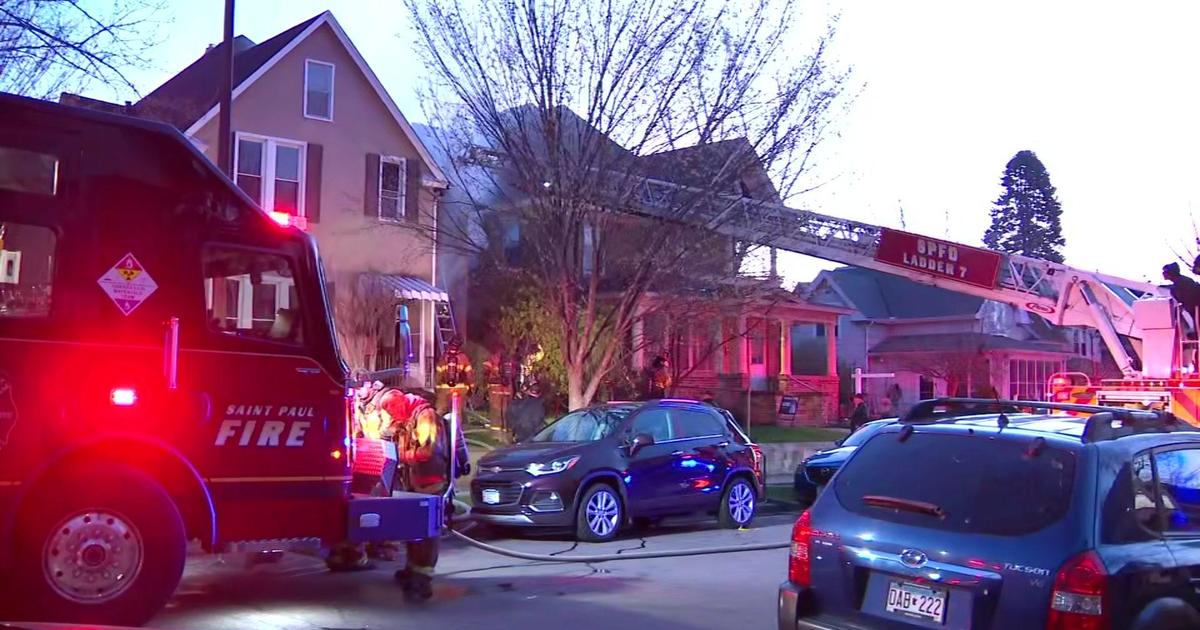Living With Alzheimer's: A Look At The Life Of A Caregiver
MINNEAPOLIS (WCCO) -- They are often the people most affected by a cruel disease, the caregivers of Alzheimer's patients.
WCCO-TV has been documenting Paul Quinn's fight against the disease.
The 77-year-old retired doctor has the earliest detectable stage of Alzheimer's. His wife, Peg, has assumed the caregiver role.
Their routine, for the most part, has remained the same. Yet, there are subtle reminders of a steady change.
Paul still makes his breakfast each morning, but even a simple ritual can lead to confusion.
"What did I do with the sports section?" Paul asks again.
Paul is candid about his disease and its progression.
"I think I've continued to worsen," Paul said.
He was diagnosed with the earliest stages of Alzheimer's nearly three years ago, and after documenting his fight for the last year, we've noticed a turn.
He admitted he didn't remember my name when I asked him recently.
"At the moment, I don't," he said. "That's the kind of block you get."
"There is definitely a transition that is taking place," Peg added.
As a mother and grandmother, Peg has grown used to a caregiver role. Her main duty now is to her husband.
"I want to do everything in my power to make his life as enjoyable as possible," she said.
She's learned the importance of asking for help.
"When you're alone in a house together, it can be very depressing," Peg said. "It's good to get out and meet other people."
She meets with other Alzheimer's caregivers in the Stillwater area each month to hear how they can better cope with the daily struggles of the disease.
"I'm not very far along on this caregiver road," Peg said. "But, just to know there are other people that are in the same situation is really helpful."
Peg is also balancing her fears with Paul's freedom. He still drives on an almost daily basis.
"I've always had a good geographic feel for things," Paul said.
Experts believe caregivers shouldn't take a patient's independence from them too soon.
"The driving's been going well," Peg said. "I've been keeping my eyes out, and I think he's doing fine."
Perhaps the quality Peg best demonstrates is patience.
She never wants her husband to feel as if he shouldn't talk.
"I might hear it four or five times in 10 minutes, but it's the first time always for Paul," Peg said.
"If it's just a passing comment what difference does it make how many times it's asked," she added.
Finding a certain grace in Paul's struggle, she's determined to control what she can.
"If we can just focus on this good time that we still have left then that's the way to do it," Peg said.
The Alzheimer's Association can connect patients with driver assessments and caregiver classes. There is a hotline staffed around the clock if you have any questions about the disease. The number is 800-272-3900.



